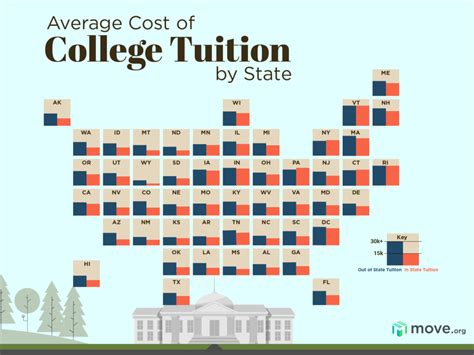Understanding the Basics

The University of British Columbia (UBC) is renowned for its academic excellence, attracting students from around the world. However, understanding the university’s tuition fees is crucial for prospective students and their families.
Tuition Fees
Tuition fees at UBC vary depending on several factors, including:
- Program of Study: Undergraduate and graduate programs have different tuition structures.
- Faculty: Tuition fees may vary across different faculties or departments.
- Student Status: International students typically pay higher tuition fees than domestic students.
Undergraduate Tuition Fees
For the 2023-2024 academic year, domestic undergraduate students pay an average of $5,733.24 per academic term, while international undergraduate students pay an average of $15,643.48 per term.
Graduate Tuition Fees
Graduate tuition fees also vary. For example, in the Arts and Humanities faculty, domestic graduate students pay an average of $5,733.24 per term, while international graduate students pay an average of $15,643.48 per term.
Additional Fees
Apart from tuition fees, students may also incur additional costs, such as:
- Student Fees: These cover student services, athletics, and other campus amenities. For the 2023-2024 academic year, undergraduate student fees are $688.37 per term, while graduate student fees are $756.66 per term.
- Residence Fees: On-campus residence fees range from $3,814 to $14,912 for the 2023-2024 academic year.
- Other Expenses: Students should budget for expenses such as books, transportation, and personal expenses.
Financial Aid Options
UBC offers various financial aid opportunities to assist students in managing tuition and living costs. These options include:
- Scholarships: UBC awards millions of dollars in scholarships to outstanding students based on academic achievement, extracurricular involvement, and financial need.
- Bursaries: Bursaries are non-repayable grants awarded to students facing financial hardship.
- Work-Study Program: This program allows students to work part-time on campus while earning money to supplement their expenses.
- Loans: UBC provides access to student loans through the Canadian government and private lending institutions.
Tips for Managing Tuition Costs
- Explore Financial Aid Opportunities: Apply for scholarships, bursaries, and loans to reduce your financial burden.
- Consider Part-Time Studies: Taking a lighter course load can lower your tuition fees.
- Live Off-Campus: On-campus residence fees can be significantly higher than off-campus housing options.
- Take Advantage of Student Discounts: Students can access discounts on transportation, entertainment, and other services.
- Plan Ahead: Start saving for tuition early and create a financial plan to cover your expenses.
Conclusion
Understanding U of BC’s tuition fees and financial aid options is essential for potential students and their families. By carefully considering the costs and exploring various financial assistance programs, students can make informed decisions about their educational journey at this prestigious institution.
